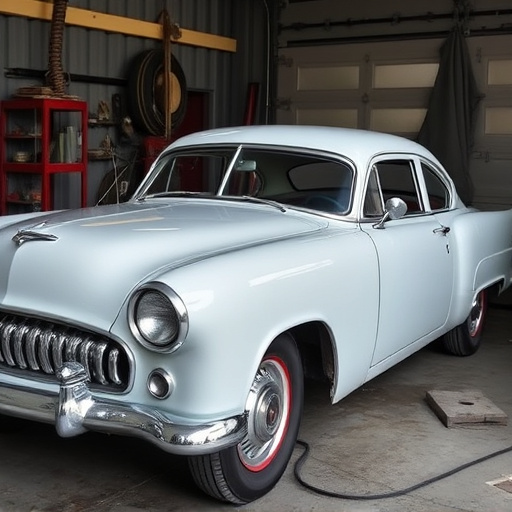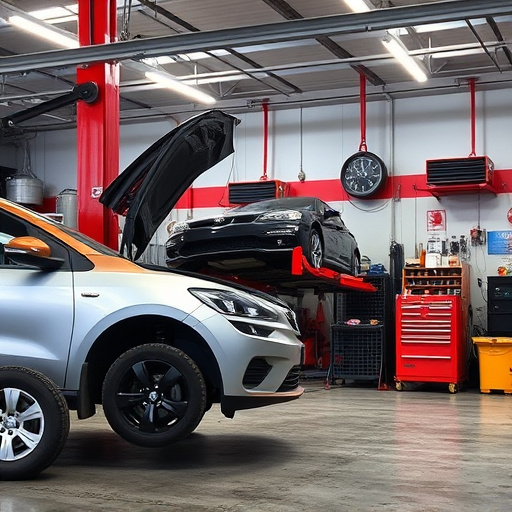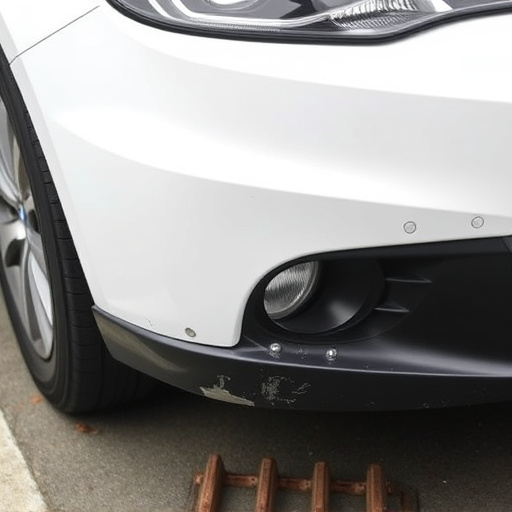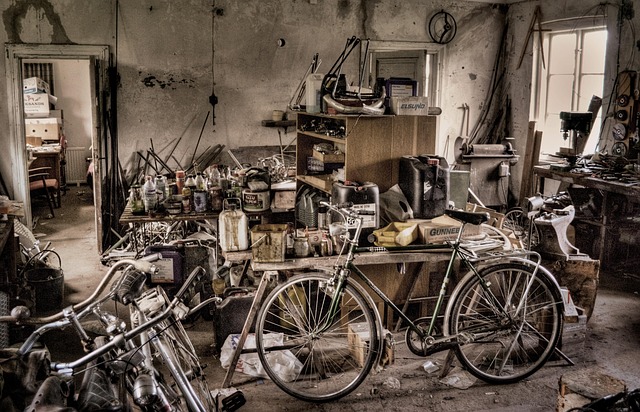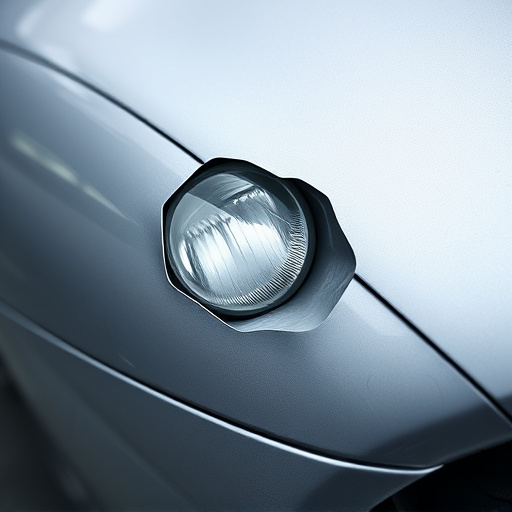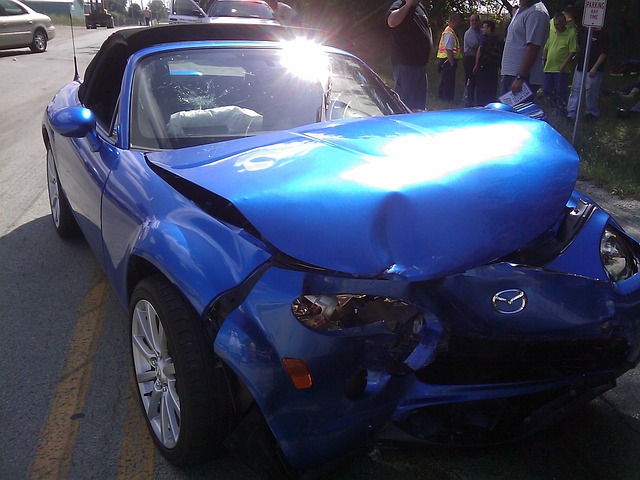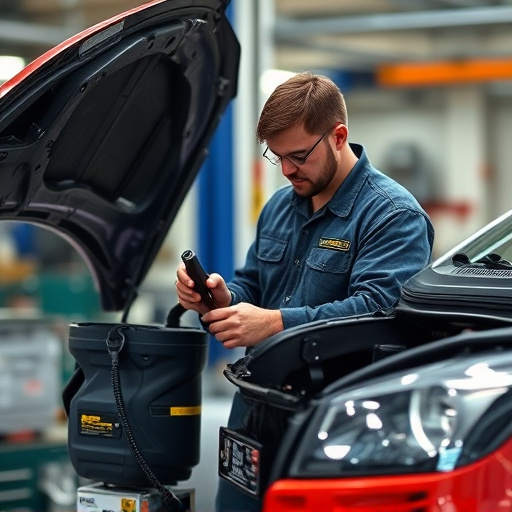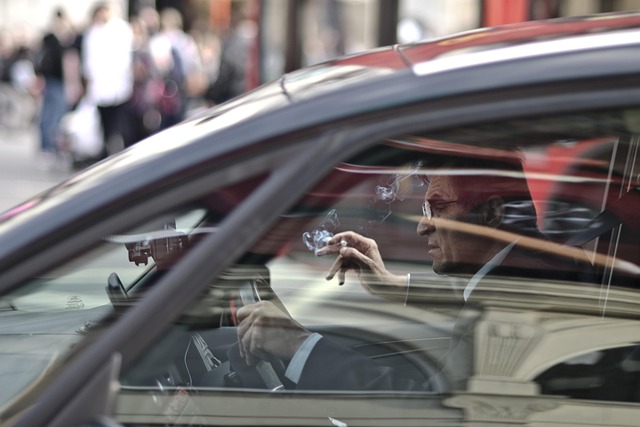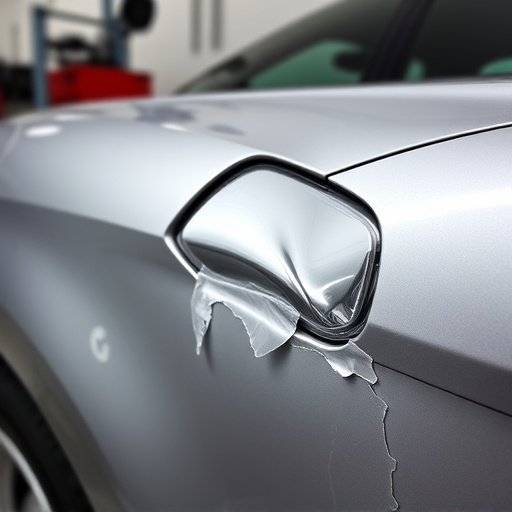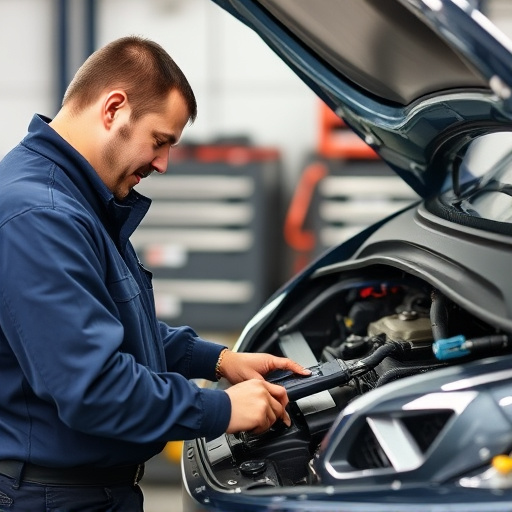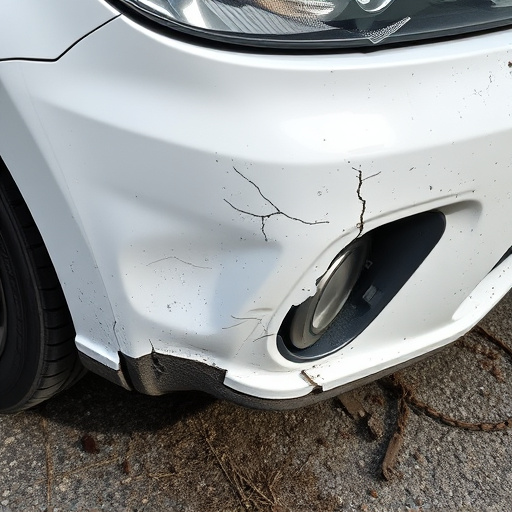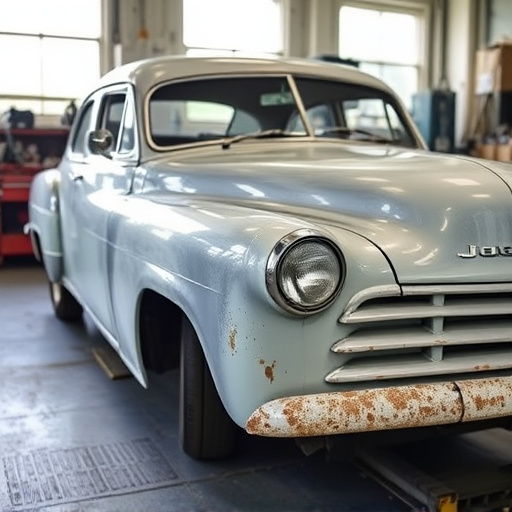Collision repair standards are mandatory guidelines for certified auto shops, ensuring safe and high-quality vehicle repairs after accidents. Adhering to these standards builds customer trust, protects shop reputation, maintains vehicles' resale value, and fosters continuous improvement. Compliance keeps shops updated with latest industry advancements, techniques, and safety protocols, differentiating them from competitors who cut corners. Standardization guarantees consistent, precise repairs, upholding vehicle safety and market value, streamlining operations and increasing efficiency.
Certified shops, to maintain their reputation and customer trust, must adhere to established collision repair standards. These standards ensure quality, safety, and consistency in vehicle restoration. By understanding and complying with collision repair standards, certified shops can enhance their operational efficiency, reduce errors, and deliver superior repairs. This article explores the benefits of compliance, best practices, and why it’s crucial for certified shops to stay updated with collision repair standards.
- Understanding Collision Repair Standards: A Must for Certified Shops
- Compliance Benefits: Enhancing Quality and Customer Trust
- Industry Best Practices: Staying Ahead with Standardized Repairs
Understanding Collision Repair Standards: A Must for Certified Shops
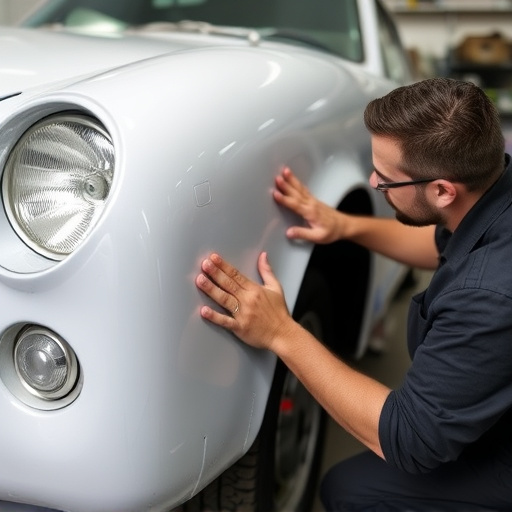
Collision repair standards are a set of guidelines and protocols designed to ensure that vehicle repairs, particularly after accidents or damage, are carried out safely, effectively, and to a high quality. For certified shops, understanding and adhering to these standards is not just a best practice—it’s a requirement. This ensures customer satisfaction and safety, as well as maintaining the value of the vehicle.
By implementing collision repair standards, car bodywork professionals can systematically approach repairs, from initial assessment and dent removal to final polishing and inspection. These standards cover everything, including proper training for technicians, use of high-quality materials in vehicle dent repair, and adherence to safety protocols. Such professionalism not only protects the integrity of the shop’s work but also fosters trust among customers who value reliable and efficient car bodywork services.
Compliance Benefits: Enhancing Quality and Customer Trust
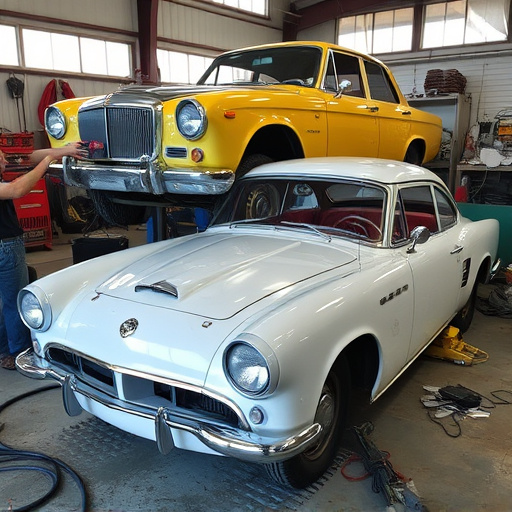
Adhering to established collision repair standards is not merely a regulatory requirement for certified shops; it’s a cornerstone of quality assurance and customer trust-building. When auto collision centers embrace these standards, they demonstrate their commitment to delivering top-tier services. This sets them apart from competitors who may cut corners, fostering public confidence in their abilities. Customers seeking auto glass replacement or repair services are more likely to choose shops that uphold rigorous collision repair standards, knowing they’ll receive precise, safe, and reliable work.
Compliance also ensures that certified shops remain up-to-date with the latest industry advancements, techniques, and safety protocols. This continuous improvement keeps them at the forefront of auto glass repair and overall collision center services. As a result, customers benefit from innovative solutions tailored to their specific needs, whether it’s for a simple auto glass repair or complex restoration work after an accident.
Industry Best Practices: Staying Ahead with Standardized Repairs
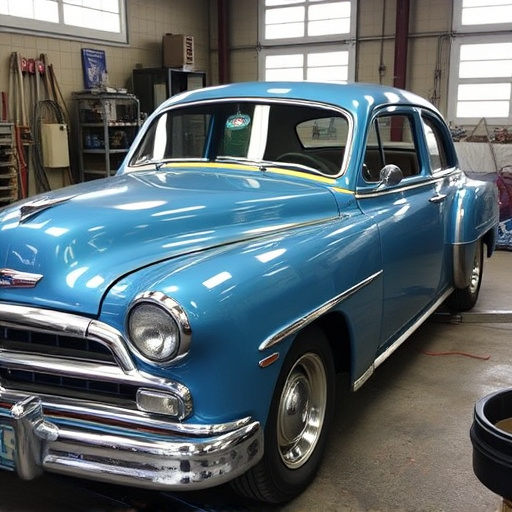
In the competitive auto repair industry, staying ahead means embracing best practices and adhering to recognized collision repair standards. These standardized procedures ensure consistent, high-quality repairs that maintain vehicle safety and value. By implementing these industry standards, certified shops demonstrate their commitment to excellence and customer satisfaction. Furthermore, adopting best practices allows them to differentiate themselves from competitors, fostering trust among clients who seek reliable and expert services for their vehicles, including classic car restoration and auto glass repair.
Collision repair centers that prioritize standardization benefit from streamlined workflows, reduced error rates, and increased efficiency. This not only translates to faster turnaround times but also ensures repairs that meet or exceed manufacturer specifications. Such meticulous attention to detail is especially crucial when handling delicate tasks like body panel alignment and paint jobs, where precision is key to a flawless finish.
Certified shops that prioritize adhering to collision repair standards not only ensure high-quality work but also foster customer trust. By staying up-to-date with industry best practices and implementing standardized repairs, these shops differentiate themselves in a competitive market. This commitment to excellence reflects positively on their reputation, solidifying their position as trusted service providers within the automotive industry.
